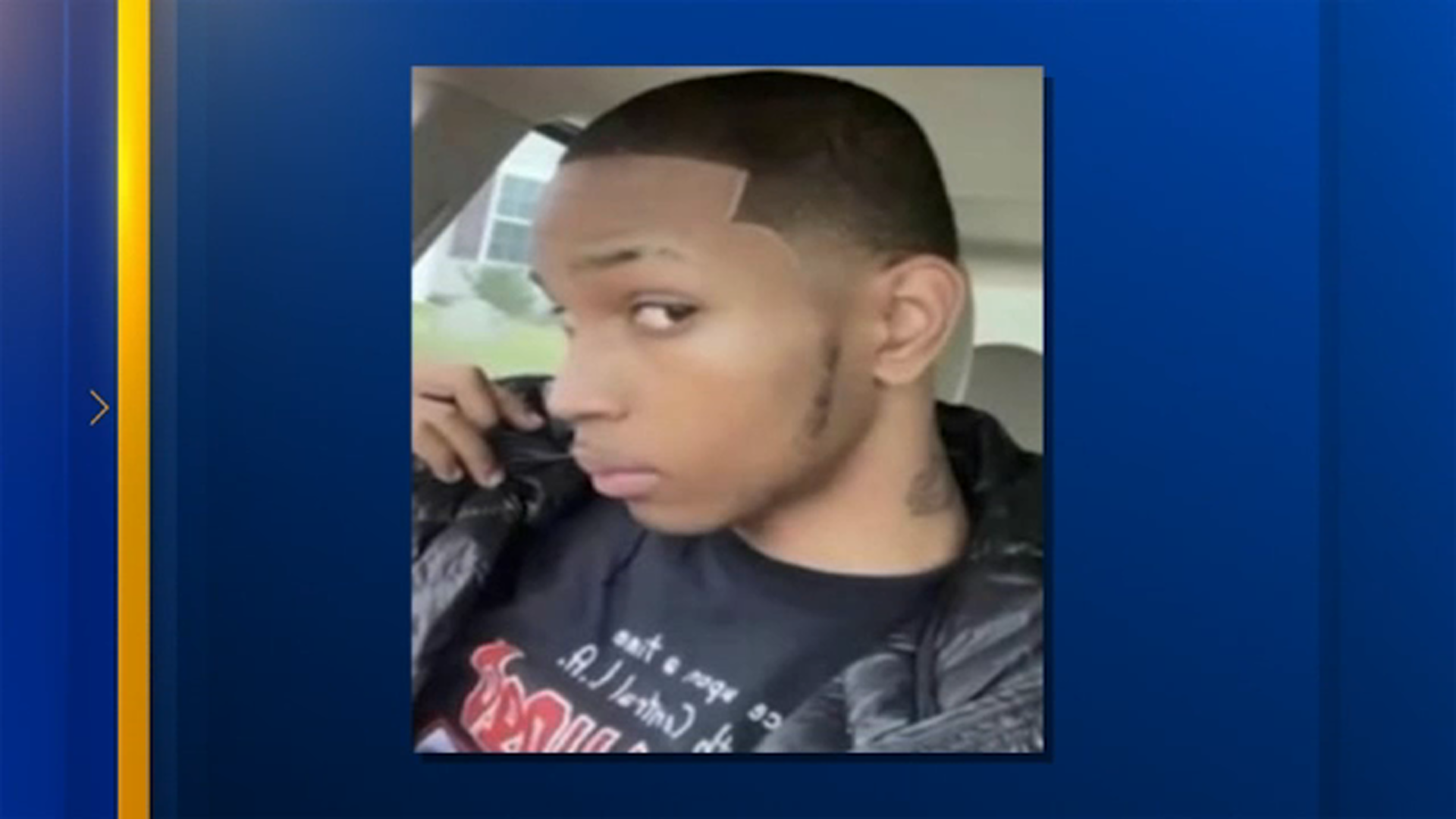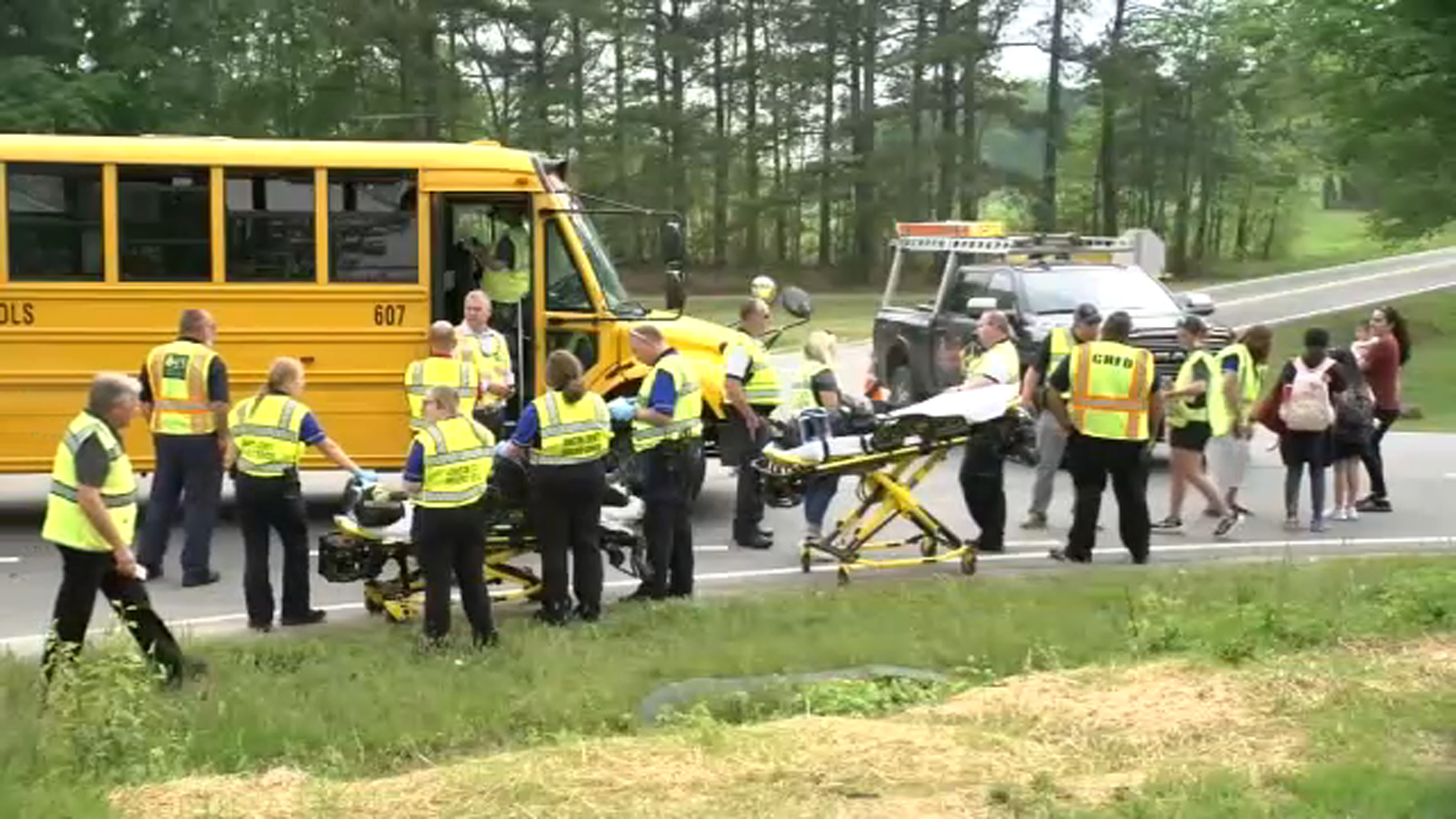Governor McCrory's bond plan fights for traction in legislature


RALEIGH -- Gov. Pat McCrory has taken his pitch to borrow $3 billion to fund public works on the road to drum up public support in recent weeks, but it doesn't seem to have swayed minds in the General Assembly, which is focused on finalizing the state budget.
Republican leaders in both the House and Senate have been cool to governor's plan to place two bond initiatives of $1.5 billion apiece on the November ballot. They gave no indication this week that was likely to change, especially after the Senate budget included alternate, and less expensive, proposals to fund road and infrastructure projects.
The governor's plan would pay for $2.85 billion in planned projects, which go toward road projects, new university buildings and upgrades to other government facilities.
McCrory spoke at North Carolina Central University on Wednesday, where $34 million is earmarked for a new school of business. According to his office, the governor has attending 11 public events pitching his bond plan since April.
He repeated pleas for more public pressure on legislators, while acknowledging that the most conservative within in his party are unlikely to give support.
"There are some legislators who don't believe in borrowing money," McCrory said.
In order to get the bonds on the November ballot, McCrory said the State Board of Elections has asked him to have approval from both houses by June 30. Later passage of the measures as late as August would still allow the possibility of a November election, his office said.
While House Republican leaders are more favorable toward the bonds, especially those funding infrastructure capital projects, leaders said an agreement by the end of the month is a long shot.
"With the budget we've got going on we really haven't got a lot of time to discuss it," said House Majority Leader Mike Hager, R-Rutherford.
House Speaker Tim Moore, R-Cleveland, told The Associated Press he would rather see the initiative on the ballot during next spring's primaries or in the following general election. Holding the vote this November would cost counties money to open precincts where municipal elections are not being held.
McCrory argues that historically low interests rates mean the state could lose money if it waits to hold the vote until next year.
Senate leader Phil Berger said Republicans in his chamber are more favorable to their budget plan to increase Division of Motor Vehicle fees and end the transfer of money out of the Highway Fund to pay for $300 million in road projects.
For the Democrats, Senate Deputy Minority Leader Floyd McKissick, D-Durham, said there is "openness" for the bond measure, especially for representatives with projects in their districts. Still, he said a statewide vote this year is unlikely.
Getting the projects funded would be a tangible achievement for McCrory going into an election year, said Michael Bitzer, a political scientist at Catawba College, while cautioning that the governor might be pushing too far toward the center.
"I don't know if it would be the kind of base energizer he needs in a re-election bid," Bitzer said.




